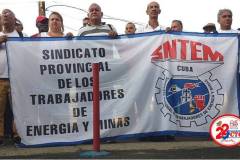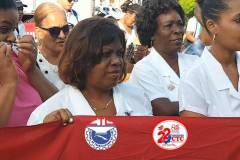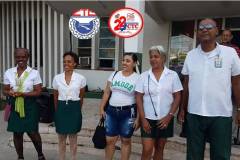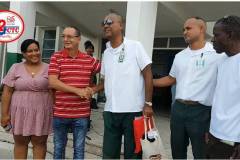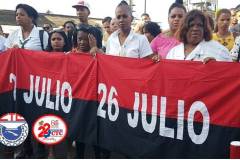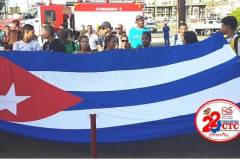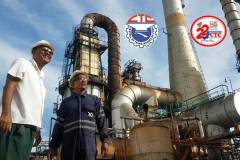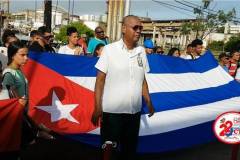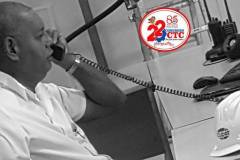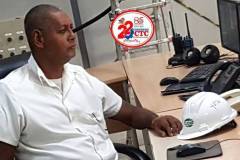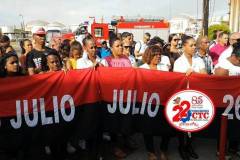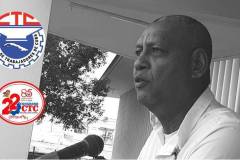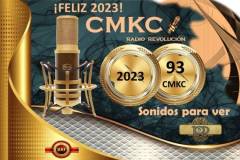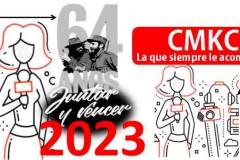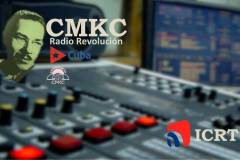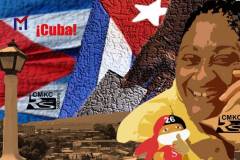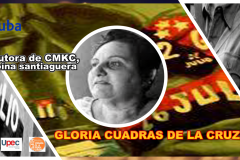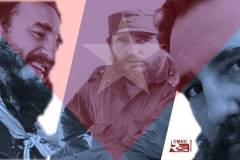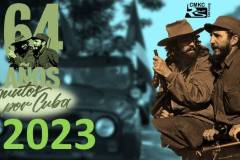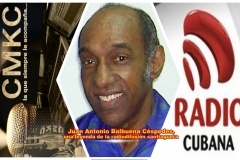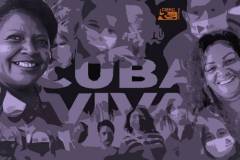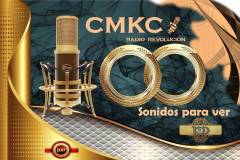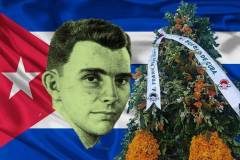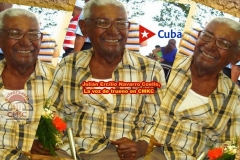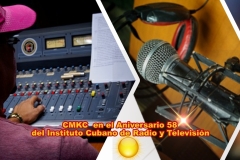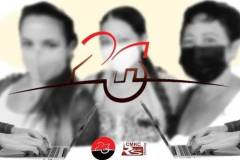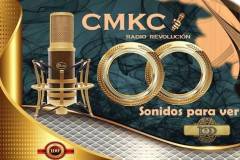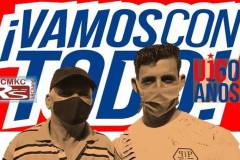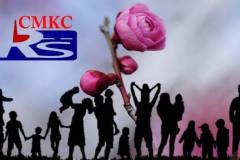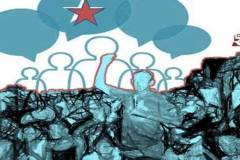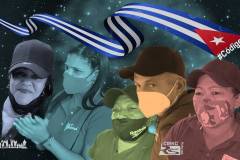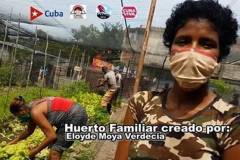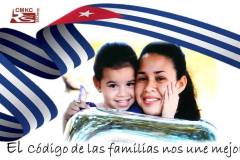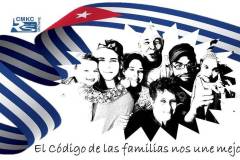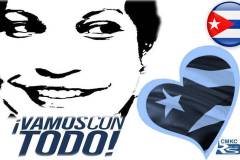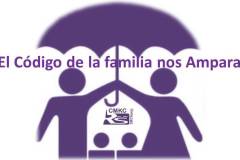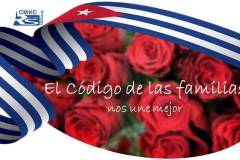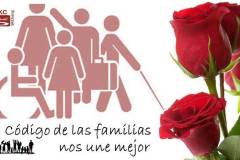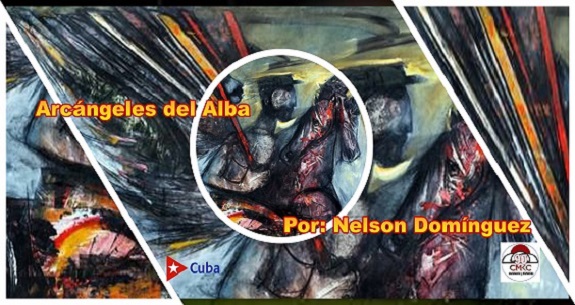

Arcángeles del Alba, de Nelson Domínguez
Imagen web: Santiago Romero Chang
Among the most important theoretical contributions within the substantial body of ideas that, verified in practice, have accompanied the Cuban Revolution since its beginnings, is what Armando Hart described as «the culture of doing politics,» with José Martí and Fidel Castro as its most outstanding and relevant exponents, and identifying both as representatives of «the purest and most useful product of the history of Cuban ideas.»
This is not about political culture, which is – of course – the essential source from which the immense wisdom of both thinkers was nourished, but rather the practical ways ideas are concretized, how the obstacles facing any significant project for change are successfully overcome.

Let us follow Marti’s definition of politics as «the art of inventing a resource for every new resource of the opponents, of turning setbacks into good fortune, of adapting oneself to the present moment, without the adaptation costing sacrifice, or debasing the ideal being pursued; of stepping back to gain momentum, of attacking the enemy, before he has his armies lined up and his battle prepared.»
It is, therefore, a kind of practice that must wisely combine radicalism with harmony and be governed by ethical principles. This is how it is expressed in the Cuban national identity, having at its core the political and educational culture present in our intellectual tradition.
Cuban pedagogical and philosophical ideas, from Caballero, Varela and Luz to the present day, now have two centuries of history and have been linked to our people’s permanent aspirations and needs. Science and culture have never been seen as contradictory to our divine beliefs.
There is, therefore, a vast culture to share and disseminate that, embraced by younger generations of Cubans, will continue exerting a political, philosophical and cultural influence with profound, far-reaching repercussions in the future.
As Hart reminded us on more than one occasion that we must be able to differentiate, and at the same time relate ideology – understood as the production of ideas – to science, ethics and politics. In other parts of the world, these categories are confused or their interrelationship not recognized.
Capitalism, pragmatic and perverse in its ability to compartmentalizing reality, cannot do something that only dialectical, materialistic thinking can accomplish: differentiate and relate the concrete realizations of human beings, which also requires intelligence, sensitivity, knowledge and culture, integrating the generalized effort of the people to address this immense challenge.
For the Cuban Revolution, over more than a century and a half of uninterrupted struggle, the key idea has been to banish the disastrous strategy of «divide and conquer» practiced by empires, and uphold the democratic, popular, just principle of «uniting to win,» abiding by Marti’s conviction that «the power to associate is the secret of human endeavor.»
It is, in current times, a humanism that links culture and development, and provides a framework to face, with science and ethics, the confusing globalized – and also digitalized – world of the present and the future.

Marti and Fidel’s culture of doing politics
On the basis of Marti’s best tradition and teachings, Fidel Castro practiced the revolutionary idea of «uniting to win,» overcoming, under Cuba’s conditions, the timeworn, reactionary maxim of «divide and conquer,» which emerged from the heart of feudal society throughout the history of dominant, so-called western civilization.
As was the case for Martí’s Cuban Revolutionary Party in undertaking the organization and resumption of the war of independence, this time it was the culmination of a long and difficult road, along which what Hart called «Fidelista culture of doing politics» was manifested, in an extraordinary way, that is, the ability to catalyze and harmonize with a humanist sense, shunning and avoiding exclusion.
«Neither tolerant or intransigent,» was the invariable course and the seed sown which was and continues to be harvested to date.
When Fidel stated, in his memorable words in the main lecture hall of the Central University of Venezuela, that «every revolution is the daughter of culture and ideas,» he gave both components top priority on the political stage, placing himself in the world ideological vanguard and culture – genuine human creation – at the center of politics and the struggle of ideas. Life constantly shows us this.
In the Cuban case, the best tradition of two centuries of ideas, integrated into the cultural heritage of the nation, represents our greatest strength, creating the cohesion that allows us to presents ourselves to the world with our own, very definite features as a society and as a country.
Coming to our days, «the culture of doing politics» is reiterated as the most original and useful fruit of Cuban ideas, making a singular contribution to the history of universal political ideas with our practical manner of functioning, thinking as a country.
Closely related to the above, President Miguel Díaz-Canel said before the National Assembly: «Political and mass organizations are called upon to be more proactive and inclusive. Never neglecting the important social component of their political-ideological work and working with everyone, not only with the convinced, but also the apathetic, for whose indifference those of us who have not been able to attract them, bear a share of responsibility…”
José Martí’s contribution to political ideas was based on illuminating and clarifying, with his immense culture and vast erudition, practical ways of doing politics.
Based on the tradition of Marti’s teachings – in the second half of the 20th century – Fidel forged the unity of the Cuban people to make the Revolution, defend it, develop it and overcome all obstacles to its progress.
This legacy, as a whole, constitutes the culture of doing politics, conceived as a type of practice that, fundamentally, consists of defeating “divide and conquer,” and establishing the revolutionary idea of uniting to win, based on an ethical foundation that incorporates the vast majority of the population.
At a time fraught with dangers, but also with enormous possibilities in the struggle for a better world, to which millions of people across the planet aspire, it is necessary, as never before, to research, study and promote this principle of Martí and Fidel Castro.

Political culture – in itself important – is insufficient, not enough to achieve the highest objectives if «the culture of doing politics» does not accompany it. Life and history have given us enough examples in this sense, and continue to do so.
Author: Gustavo Robreño Dolz | internet@granma.cu

